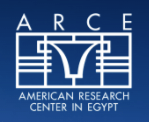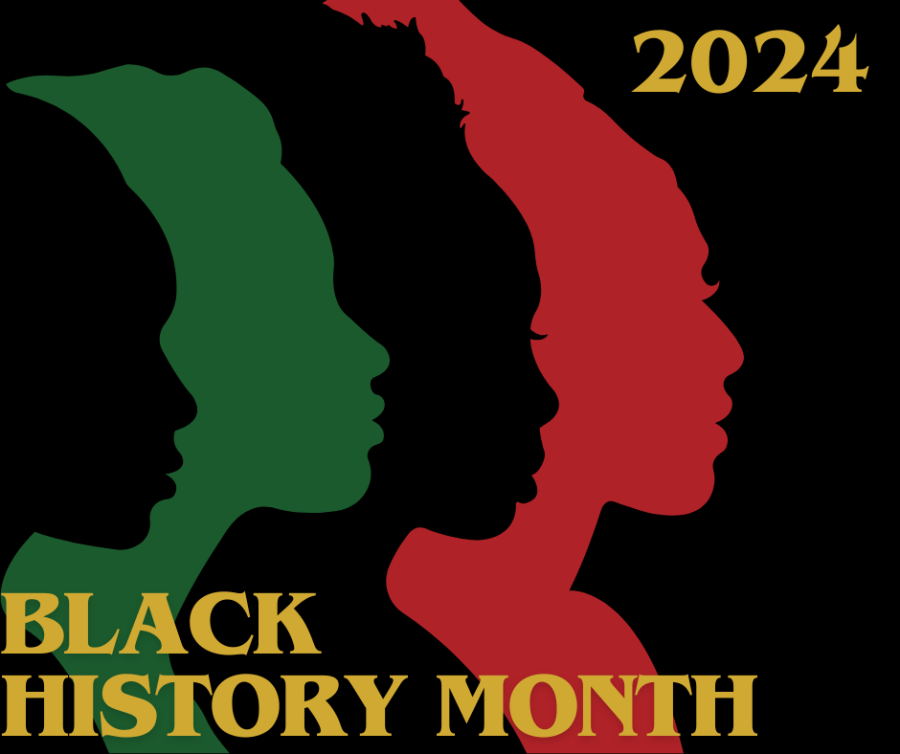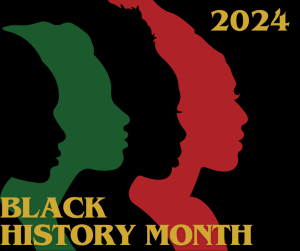This Women’s History Month, the Institute celebrates and highlights the invaluable contributions women have made to the field of archaeology, both past and present. In the past, the Institute has created a variety of online and physical exhibits that center the experiences of women in the field of ancient archaeology. This blog post provides a list of these past exhibitions, as well as highlighting current female faculty’s research and role in making the Institute what it is today.
Past Exhibits, Online Archives, and Interest Groups
Breaking Ground: Women in Old World Archaeology
This online database of women in Old World Archaeology was created by the Institute’s founder and namesake, Martha Sharp Joukowsky, alongside former professor and friend Barbra S. Lesko. The database extends across time periods, countries, and continents, highlighting the often overlooked contributions of women archaeologists.
Hidden Figures
Scattered throughout Rhode Island Hall – anywhere from ceilings, to kitchens, to corners of our second floor library – are framed portraits of female archaeologists from the 19th century to the present. Often, these portraits are inaccessible, whether due to timing (e.g., lectures) or permissions (e.g., the Vault) – this was done to highlight how traditional narratives of the discipline enforce marginalized voices to remain ‘hidden.’ Each portrait and label recognizes the women who have often been ‘hidden’ from view in the history of archaeology, and challenges viewers to look for the missing voices in the field
Trowelblazers@Brown
Inspired by the project “Trowelblazers” created by Brenna Hassett, Tori Herridge, Suzanne Pilaar Birch, and Rebecca Wragg Sykes, Trowelblazers@Brown is a group of early career researchers from historically underrepresented communities and their allies coming together in solidarity to reflect on experiences in the field and academia and engage in meaningful exchanges related to gender issues and accessibility. Anyone who resonates with this message is invited to join the group!
“Picturing Femininity” | Exhibit by Erynn Bentley (Ph.D. expected May 2025)
This exhibit created by Ph.D. candidate Erynn Bentley explores how individuals in the ancient world conceived of and constructed gender through material culture. With artifacts from across the world, both ancient and modern, this exhibit highlights three themes in which women are center stage: Women as Objects, In the Hands of Women, and Feminine Ideals.
The Women of the Institute
Laurel Bestock | Associate Professor of Archaeology and the Ancient World and Egyptology and Assyriology
Dr. Laurel Bestock researches the material culture of the Nile Valley as it relates to kingship, monumentality, and the contexts and audiences for art and architecture. She is the co-director of an excavation at Uronarti, Sudan, and is developing a universal tablet-based archaeological recording system called Kiosk Archaeological Recording Platform. She was most recently featured in a WIRED “Tech Support” video: “Egyptologist Answers Ancient Egyptian Questions from Twitter.”
Sheila Bonde | Professor of Archaeology, and Christopher Chan and Michelle Ma Professor of History of Art and Architecture
Dr. Sheila Bonde specializes in the study of medieval sites and their representation in the archaeological record. She is the current director of the MonArch excavation project located in northern France at the Augstinian abbey of Saint-Jean-des-Vignes in Soissons, the Carthusian house at Bourffontaine, the Cistercian monastery at Notre-Dame d’Ourscamp, and the motherhouse at Tiron.
Kathleen Forste | Postdoctoral Research Associate in Archaeology and the Ancient World
Dr. Kathleen M. Forste is an anthropological archaeologist with research exploring agricultural systems and human-plant relationships of the 4th-13th centuries CE. Her dissertation was on the Levant agricultural economy of the Early Islamic era (c. 636-1100 CE) and was completed at Boston University. She is currently involved in fieldwork at the Tel Shimron Excavations in Israel, and the Menorca Archaeology Project in Spain.
Robyn Price | Postdoctoral Research Associate in Archaeology and the Ancient World
Dr. Robyn Price studies ancient sensory experience and its role in establishing asymmetrical power relationships in the past. Her dissertation examined the value of scent in New Kingdom Egypt (ca. 1550-1050 BCE), and was completed at the University of California, Los Angeles.
Candace Rice | Assistant Professor of Archaeology and the Ancient World and Classics
Dr. Candace Rice’s research focuses on Mediterranean maritime trade and economic development in the Roman period. She is the current co-director of the Upper Sabina Tiberina Project, excavating a late Republican to mid Imperial villa in the Sabina. She has done fieldwork at Etruscan, Samnite, Roman, and Medieval sites in Italy, France, and Tunisia.
Sarah Bell | Ph.D. expected, May 2025
Sarah Bell researches cross-cultural conventions through the identification of “vocabularies” of spatial arrangement, the etymologies of spatial language, and the architecture associated with religious or cult worship in Minoan palaces.
Erynn Bentley | Ph.D. expected, May 2025
Erynn Bentley researches the art and archaeology of late antiquity and the early medieval period in the Mediterranean and Europe, performativity of objects and places, cultural exchange and mobility, and public archaeology and its relationship to museum curation.
Emily Booker | Ph.D. Expected, May 2024
Dr. Emily Booker successfully defended her dissertation this March, entitled, “Contextual Clay Bodies: Figurine Use and Meaning in Late Bronze Age Cypress.” Her research interests are in international ties, trade, and communication in the eastern Mediterranean during the Late bronze and Early Iron Age.
Elizabeth “Liza” Davis | Ph.D. expected, May 2025
Liza Davis researches the mechanics and effects of the spread of Christianity in the eastern Mediterranean during Late Antiquity. She is interested in network analysis, spatial statistics, GIS, and geoarchaeology.
Grace Hermes | Ph.D. expected, May 2029
Grace Hermes researches the lived experiences of women in the ancient Mediterranean, with special attention to the body as a locus of gendered experience. She is interested in anatomical votives in the 5th century healing cult of Askelepios at Corinth.
Julia Hurley | Ph.D. expected, October 2024
Julia Hurley researches foodways in the ancient world, with an emphasis on Roman social and economic history in the western provinces of the Roman Empire. She is interested in digital approaches to studying the ancient world.
Rachel Kalisher | Ph.D. expected, May 2024
Rachel Kalisher researches reproductive physiology through bone histology and the treatment of women in the ancient world, with much of her present research carried out in present-day Israel. She is also pursuing a Sc.M. in Ecology and Evolutionary Biology through the Open Graduate Education Program at Brown University.
Jennifer “Jen” McLish | Ph.D. expected, May 2029
Jen McLish researches knowledge transmission and craft production in the ancient world, with a focus on the maintenance of revival or craft traditions and its relation to social memory and identity. She is also interested in the impacts of social and political marginalization, environmental disaster, or economic turmoil’s impact on craft production.
Leah Neiman | Ph.D. expected, May 2026
Leah Neiman researches systems of sex and gender expression, medical archaeology, museum education, and public-facing scholarship. She has done fieldwork in Samothrace, Greece, and at the Turkana Basin Institute Field School in Kenya.
Gerasimoula “Mina” Nikolovieni | Ph.D. expected, May 2025
Mina Nikolovieni researches Greek prehistory, with an emphasis on the archaeology of space, craftsmanship, textiles, and objects of domestic life. She has past experience in museum work and cultural resources management.
Ana González San Martín | Ph.D. expected, May 2025
Ana G. San Martín researches landscapes of rural labor, seasonality, and social complexity during the second millennium BC, and specializes in the landscape of the Cypriot hinterland. She is also interested in mobility, temporality, and social memory as it appears in the archaeological record.
Anna Soifer | Ph.D. expected, May 2024
Anna Soifer researches ancient craft and industry, knowledge transfer, and ceramic analysis in Pre-Roman Italy. She has past experience in archaeology museums and collections, and the digital illustration of artifacts and architecture from Umm el-Marra, Syria.
Many women have made archaeology what it is today, and the Institute extends our gratitude to those who have yet to be ‘rediscovered.’ We hope this month may be a time for reflection on how the field of archaeology can better support, represent, uplift, and honor women both in the ancient world and in the present. The Institute wishes you a Happy Women’s History Month.
*Written by Christina Miles (`25), Records and Collections Assistant at the JIAAW, and student of Anthropological Archaeology (A.B.) at Brown University. Christina studies mortuary landscapes and placemaking in Freedom Colonies of the Southwestern United States.





















